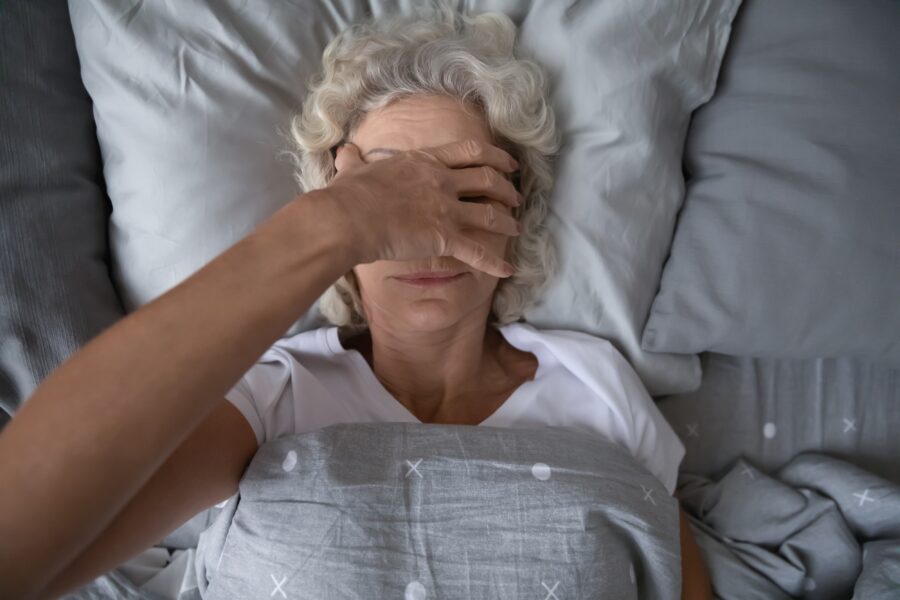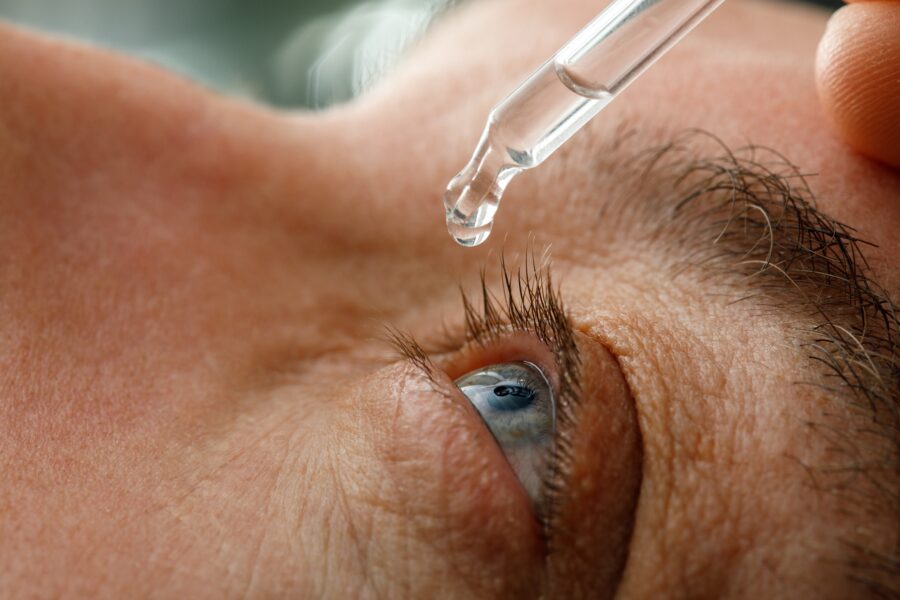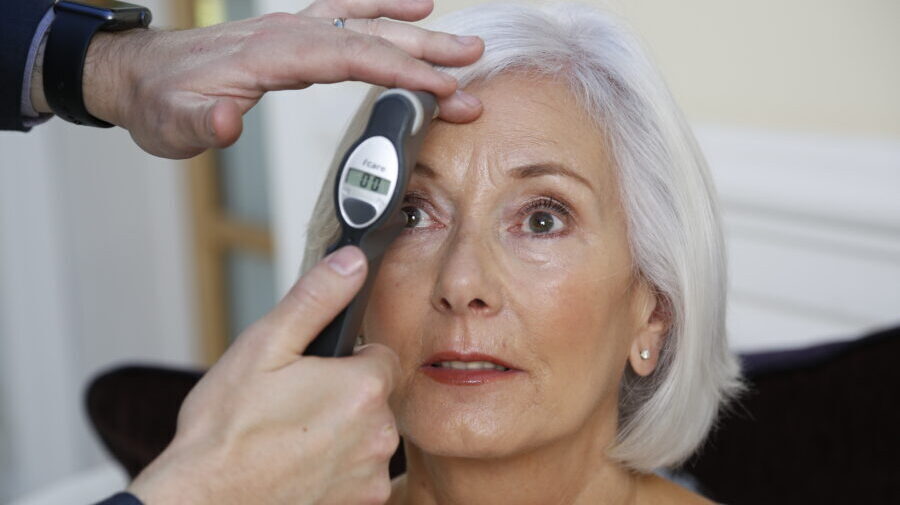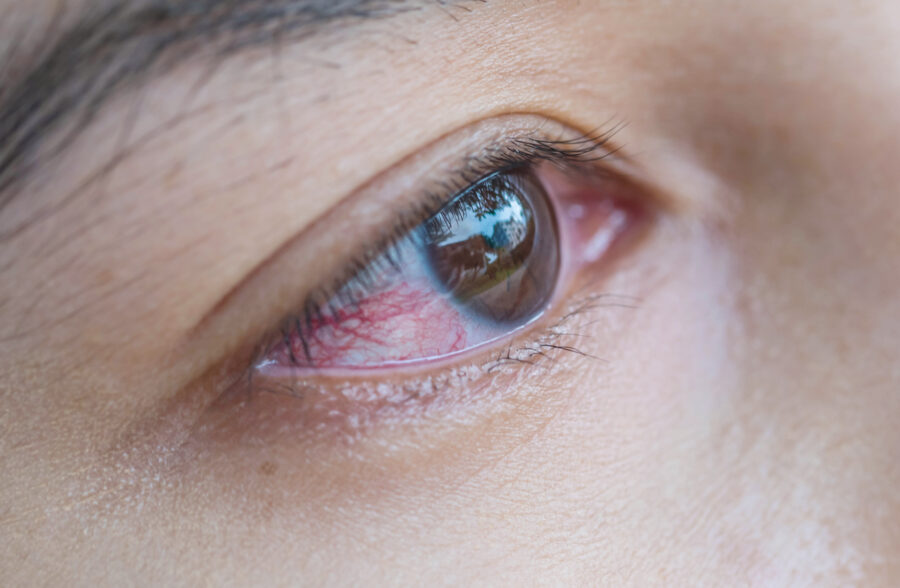Blog post
A Guide to Watery Eyes: Common Causes and What to do

Matthew Burford BSc(Hons) Optometry MCOptom - Domiciliary Optician and Professional Services Manager at OutsideClinic
2 minute read time
What causes watery eyes?
Environmental factors or underlying health issues can cause watery eyes, including:
- Certain medications can cause eyes to be more watery than usual
- Air conditioning
- Too much time looking at a screen
- Ironically, dry eyes can lead to watery eyes; when eyes become dry, the body may respond by producing an excess of tears
- Arthritis, particularly rheumatoid arthritis, can lead to conditions like Sjögren's syndrome or eye inflammation which may cause watery eyes
- As we age, the tear ducts may not function as efficiently, which can lead to excess tearing
- Sometimes, blockages or narrowings can occur in tear ducts, causing tears to overflow
- Eyelid issues like ectropion (where the lower eyelid turns outwards) can make tears not drain correctly, causing watery eyes
- Infections or allergies can cause inflammation and increase tear production

What if I have watery eyes in the morning and at night?
There are a number of reasons that eyes may be watery specifically in the morning and at night.
Sometimes, individuals sleep with their eyes slightly open, so their eyes can't get enough moisture or lubricate while they sleep.

How to stop eyes from watering
The treatment for watery eyes is dependent on the underlying cause.
If it’s environmental factors that are causing watery eyes, then reducing screen time, or reducing time in air-conditioned rooms may help.
If a certain medication causes watery eyes as a side effect, you should speak to your optician or GP to see if they can make any adjustments.
What medication could help with watery eyes?
There are some medications that can help with watery eyes.
Your Optician will be able to advise which medications would help in your specific situation. They may recommend:
- eye lubricants
- tear drops/eye drops
- a heat mask/warm compress
- Omega-3 supplements to support eye health

When should you schedule a check-up with an optician?
You should speak to an optician if watery eyes are affecting your ability to carry out daily tasks and quality of life.
Our goal here at OutsideClinic, is to make quality eye care accessible to all, and ultimately maintain and improve the quality of life of our patients.
If you have concerns and would like some advice, get in touch and we can advise the best course of action based on your individual circumstances.


By Matthew Burford BSc(Hons) Optometry MCOptom - Domiciliary Optician and Professional Services Manager at OutsideClinic
Matthew graduated from Aston University in 2004 with a degree in Optometry.


